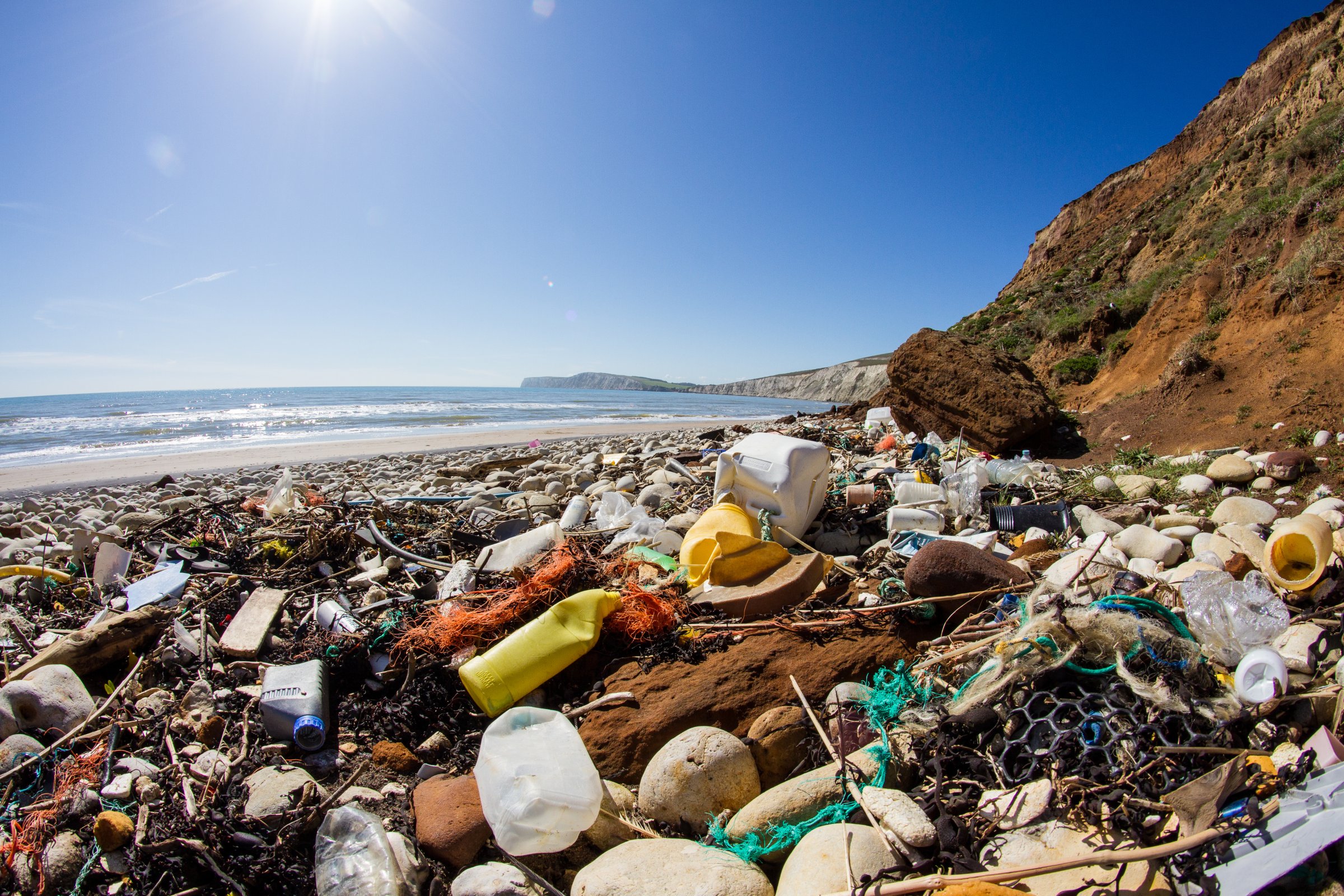
Microbeads may only be few millimeters in size, but the tiny pieces of plastic found in cosmetic products wreak some serious environmental havoc.
A growing body of research suggests that water filters fail to remove them from waterways because of the product’s small size, leaving the microbeads in waterways where fish mistake it for similarly sized food and eat it.
“They’re kind of like ground-up pieces of plastic,” says David Andrews, senior scientist at the Environmental Working Group. “What’s insidious about these particles is they pass through most wastewater treatment facilities and go straight into the environments.”
Microbeads are found in a diverse array of consumer products, from cosmetics to toothpaste to face wash, where they’re sometimes used as exfoliators. In response to consumer pressure, many companies including Johnson & Johnson and and Procter & Gamble have committed to removing microbeads from their products in the coming years.
Read More: Why ‘BPA-Free’ May Be Meaningless
But the commitment does little for the many freshwater ecosystems that have already been inundated with the product. A 2015 report from the New York State Attorney General found the plastic products in water at nearly 75% of the state’s water treatment plants. Around the world, hundreds of species of animals—including fish, birds and turtles—have been found to have ingested microbeads. They’re responsible for for a variety of ailments in fish, the report concluded, and in some cases, the plastic pieces contain toxic chemicals absorbed from the surrounding environment.
While the threat to the environment is concerning, research has yet to suggest that microbeads in fish pose a widespread threat to humans, according to Andrews.
That hasn’t stopped a widespread and somewhat successful push by consumers to take a stand against plastic microbeads. Last week, California lawmakers passed a ban on the sale of products containing pieces of the plastic, joining six other states that have passed similar bans.
Many companies have removed microbeads from their products voluntarily. The switch was likely an easy decision because plastic beads are largely unnecessary and easily replaced, Andrews says. Biodegradable materials with the same properties have served as easy replacements for the beads.
“We really question why this ingredient ended up being used in these products in the first place,” Andrews says. “The justification for using these at all was extremely thin.”
More Must-Reads From TIME
- The 100 Most Influential People of 2024
- The Revolution of Yulia Navalnaya
- 6 Compliments That Land Every Time
- What's the Deal With the Bitcoin Halving?
- If You're Dating Right Now , You're Brave: Column
- The AI That Could Heal a Divided Internet
- Fallout Is a Brilliant Model for the Future of Video Game Adaptations
- Want Weekly Recs on What to Watch, Read, and More? Sign Up for Worth Your Time
Write to Justin Worland at justin.worland@time.com